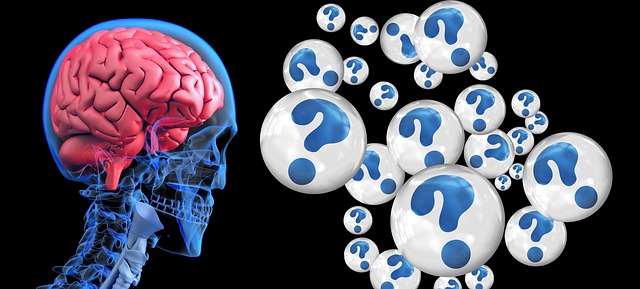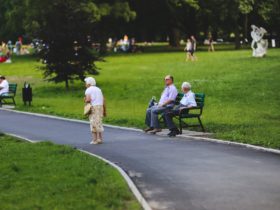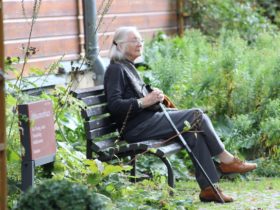Every tenth elderly person has a pronounced memory impairment, making it difficult to live independently and self-care, this is the conclusion reached by scientists of the American Gerontological Research and Clinical Center. Researchers found that preserving the mind in old age helps, in particular, intellectual games. What is more effective for brain youth – chess or poker?
The secret of eternal youth
Scientists agree that the training of the mind is akin to the exercise in fitness centers. People have no doubt that for the sake of good physical shape should provide your muscles a regular workout, so they do not atrophy. But not everyone thinks about the fact that if you don’t exercise your mind, your brain will atrophy. Mind games, like thought activity, according to physiologist Johnson, should become a daily activity. Then a person will stay young longer and think better in old age than someone who does nothing.
– If you take our academy, I’m considered one of the youngest people here at 72. We have people in their 90s. They may have wrinkles and gray hair, but intellectually most are perfectly intact. It’s easy for me to talk to them. They don’t have any signs of senile disorder, and that’s because they spend their whole lives training their minds, solving various intellectual problems. Those who stop doing intellectual activities at age 60, for example, have a fairly rapid onset of decay,” continues Steve Johnson.

Don’t get your hopes up for crossword puzzles
Yet these days, older people most often brighten up their leisure time by solving crossword puzzles and Sudoku. According to scientists, there is nothing wrong with preferring crossword puzzles, but this activity alone is not enough, and the ny times mini crossword answers are easy to find. Intellectual exercises should be varied, to affect different aspects of cognitive activity at the same time.
– The solution of crossword puzzles should be diluted with activities on fine motor skills and hand coordination (folding puzzles, assembling constructors can help). Exercises that affect the intellect, logic and thinking (for example, solving puzzles and puzzles) are important. Such intellectual exercises, we call cognitive training, in other words – “the exercise for the mind,” says the expert.
According to the expert, the main thing is that exercises for the mind are not too simple and monotonous. As in the case of motor activity, it should be a little difficult for a person, because uncomplicated tasks reduce the effectiveness of the exercise. Doctors are paying more and more attention to the totality of different factors that determine whether the processes of changes in higher mental functions during aging will be normal or pathological.
U.S. scientists recently published the results of a long-term study on how lifestyle is linked to the risk of Alzheimer’s disease. In addition to physical activity, proper diet and unhealthy habits, experts evaluated the different types of cognitive load – variants of mental activity. Playing chess and checkers, doing puzzles, solving crossword puzzles, visiting exhibitions and museums were taken into account. For people who led as healthy a lifestyle as possible, combining it with intellectual activities, the risk of Alzheimer’s disease in later years of life was reduced by two and a half times compared with those who neglected the recommendations of doctors, – says Steve.






